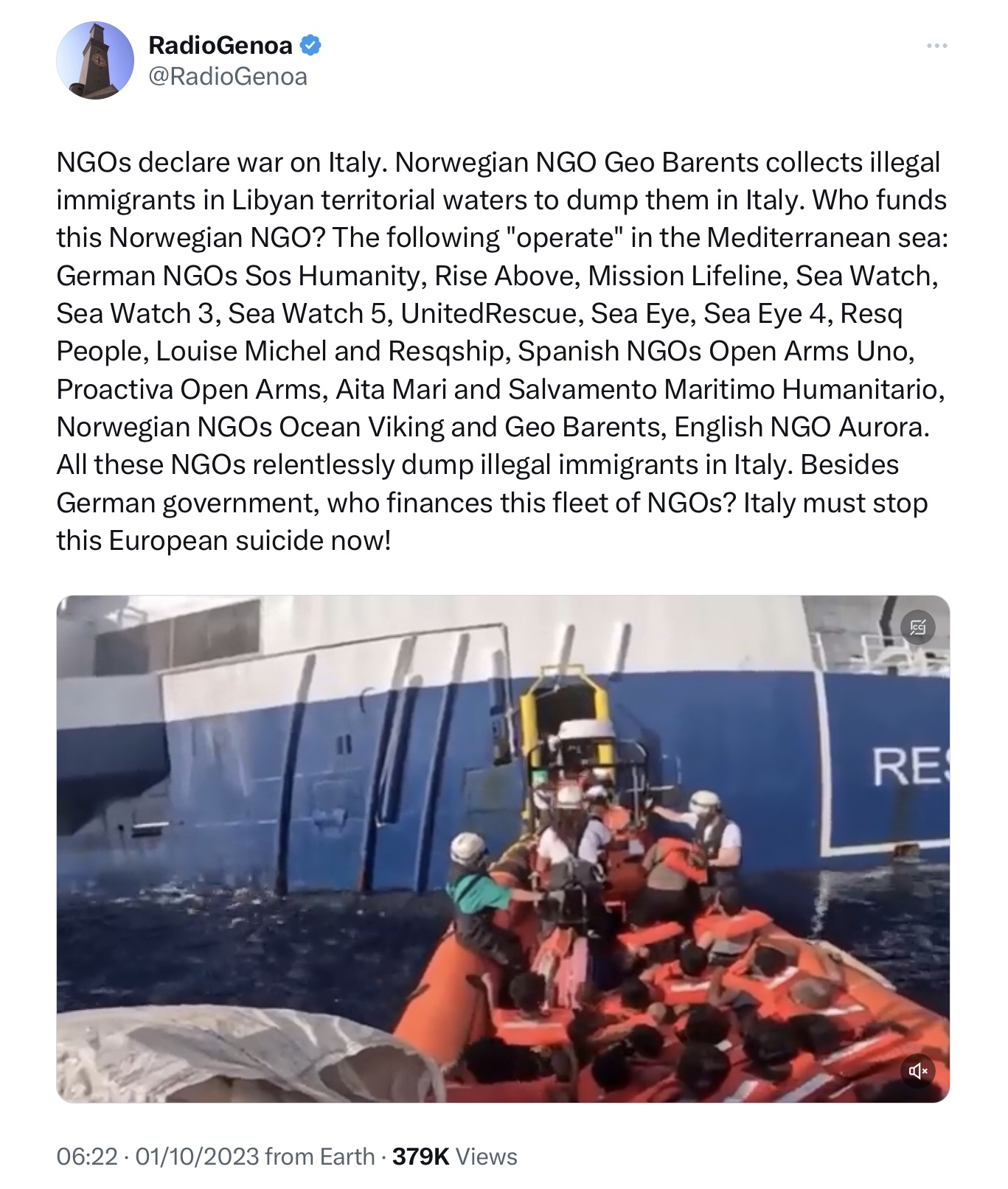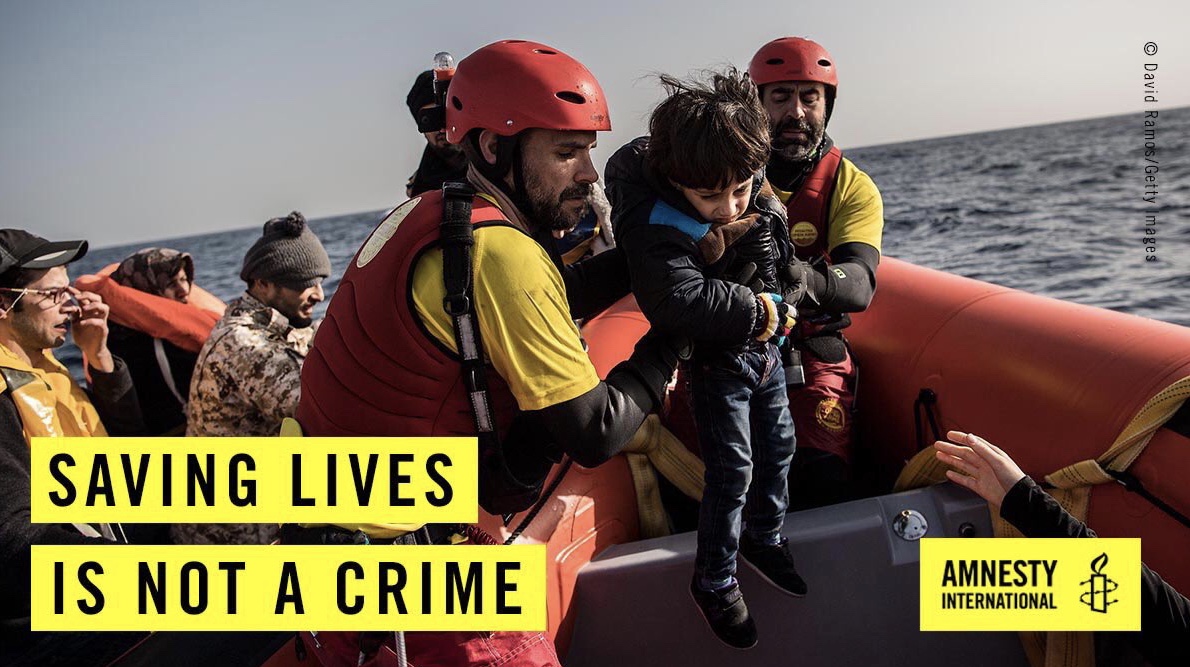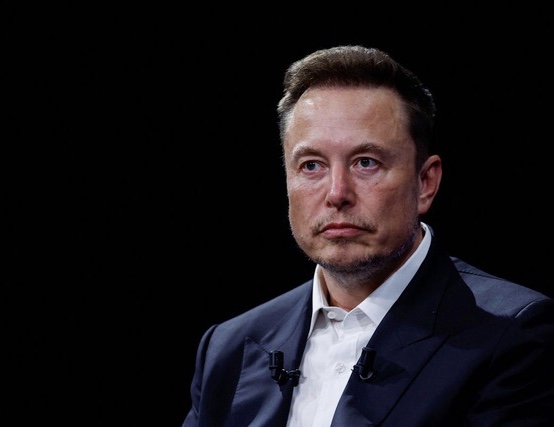Elon Musk has invoked the wrath of the German government for his criticism of the role of German humanitarian rescue boats, which have helped to rescue drowning refugees in the Mediterranean. He flagged and reposted Twitter comments from notorious populist and anti-immigration far-right German Party AfD – Alernative for Deutschland Party, which questioned the use of German NGO boats, ‘subsidized by the German government … to collect illegal immigrants to be unloaded in Italy’. The tweet originally posted by Radio Genoa and reposted by Musk read ‘Let’s hope AfD wins the election to stop this European suicide’.

Musk went on to repost a video showing the German NGO conducting a rescue operation in the Mediterranean, with the added suggestion that transporting of the migrants to Italy was a violation of the sovereignty of the country. He asked the question:
‘Is the German public aware of this?’
Probably to his surprise, his tweet received a response from the German Foreign Office on the German government’s official Twitter account, which read:
‘Yes, And it’s called saving lives.’
To which Musk then retorted:
‘So you’re actually proud of it. Interesting.’
Italian Prime Minister accuses Germany of breaching its sovereignty rights
Earlier this month, the Far-right Italian Prime Minister Meloni had written a letter to the German Chancellor Olaf Scholz, saying that she was shocked to discover that Germany ‘without coordinating with the Italian government’ allegedly was involved in funding NGOs engaged in the ‘reception’ of migrants in Italian territory. She added that as Germany was struggling to find space for asylum seekers, it should focus instead on helping migrants on its own soil. She argued that the work of such NGOs, simply served to incentivise people to attempt dangerous trips for asylum in other countries.
Germany forced to climb down as tougher EU measures on asylum seekers are introduced
At a meeting of EU members on Friday 29th September, Germany was seen to climb down from its formerly resolute humanitarian position on handling asylum cases, and agreed to accept a much harder set of EU rules which would see the longer detention of migrants at borders.
A recent surge in illegal migration across the Mediterranean, has seen a dramatic change in border controls in several different European countries – most notably the borderless Schengen area, as well as the borders between Germany and the Czech Republic and Poland or between Hungary and Slovakia. The new EU rules will allow governments to take extraordinary measures in case of sudden surges.
The Austrian interior minister, Gerhard Karner, spoke outside the meeting in Brussels and said:
‘When we see the pictures from Lampedusa, when we see how great the pressure is on Europe in the question of illegal migration, then we know that we have to work hard on this asylum and migration pact’
An attempt to ratify the so called ‘crisis regulation’, was delayed by Germany and several other European members in June, when a significant number of ministers found it difficult to accept the proposed tougher methods. However, the recent surge and the unprecedented numbers of migrants arriving in Lampedusa, have made their positions more difficult to maintain.













